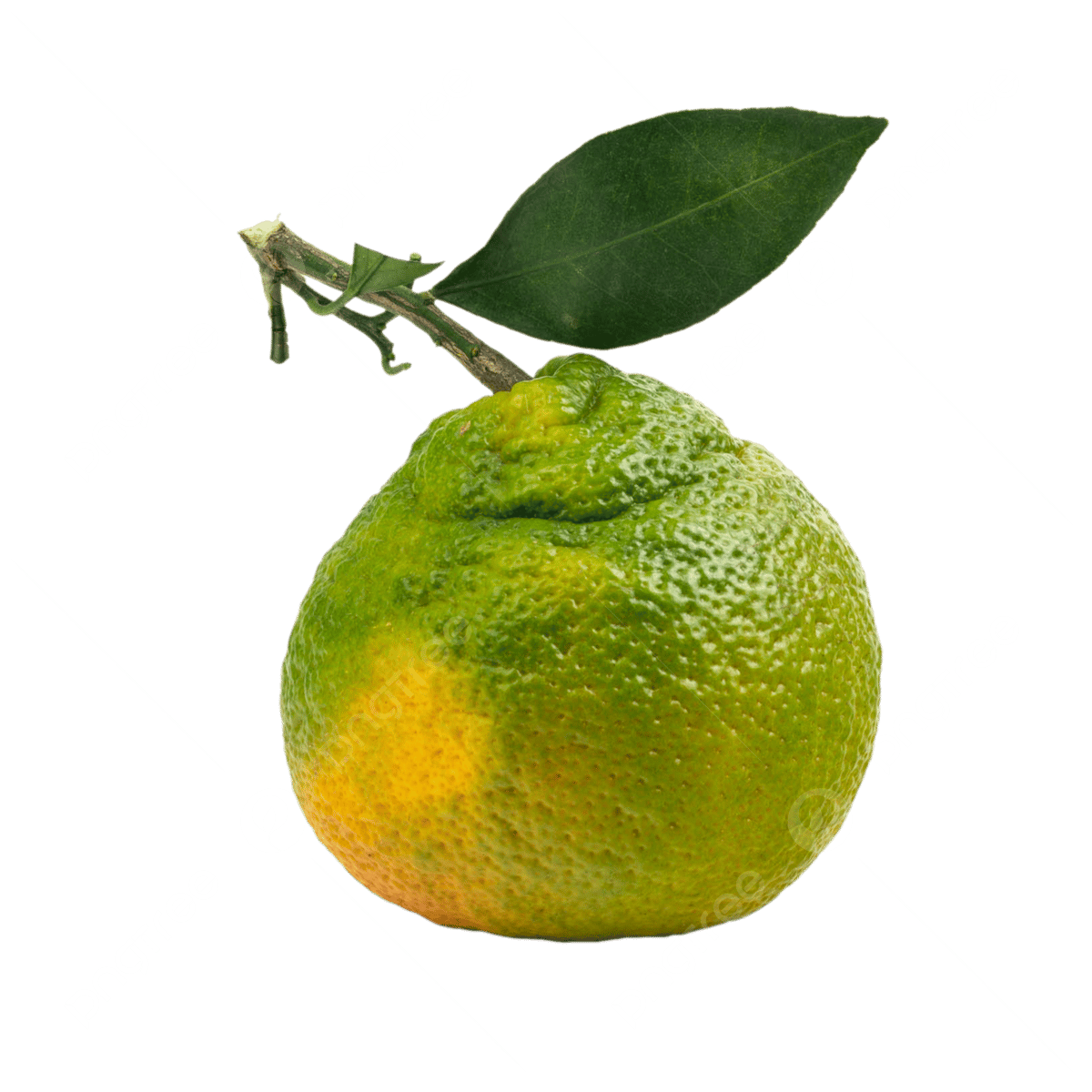When shopping for fruits at the grocery store, we are often drawn to the perfectly shaped and colorful ones that are displayed prominently. However, there is a growing trend towards appreciating the imperfect and “ugly” fruits that may not look as appealing at first glance. These fruits may have blemishes, odd shapes, or sizes that deviate from the norm, but they are just as delicious and nutritious as their more visually pleasing counterparts.
Ugly fruits are often overlooked and end up going to waste simply because of their appearance. However, embracing these imperfect fruits can help reduce food waste and promote sustainability in our food system. By changing our perception of what constitutes a “perfect” fruit, we can help support farmers and reduce the environmental impact of throwing away perfectly good produce.
Ugly Fruit Picture
Take a look at this picture of a misshapen apple with a few blemishes on its skin. Despite its imperfections, this apple is still full of flavor and nutrients that can be enjoyed just like any other apple. By appreciating the uniqueness of ugly fruits, we can help reduce food waste and support sustainable farming practices.
When we choose to purchase ugly fruits, we are sending a message to farmers and retailers that we value the taste and quality of the fruit over its appearance. This can lead to more acceptance of imperfect produce in the market and ultimately help reduce the amount of fruits that go to waste simply because they don’t meet certain aesthetic standards.
Next time you are at the grocery store, consider picking up some ugly fruits and giving them a try. You may be surprised by how delicious they are and how much you can contribute to reducing food waste by supporting these less-than-perfect fruits. Remember, beauty is not just skin deep – it’s what’s on the inside that truly counts.
In conclusion, ugly fruits may not be the prettiest to look at, but they have just as much to offer in terms of taste and nutrition. By embracing these imperfect fruits, we can help reduce food waste, support sustainable farming practices, and appreciate the beauty in imperfection.
